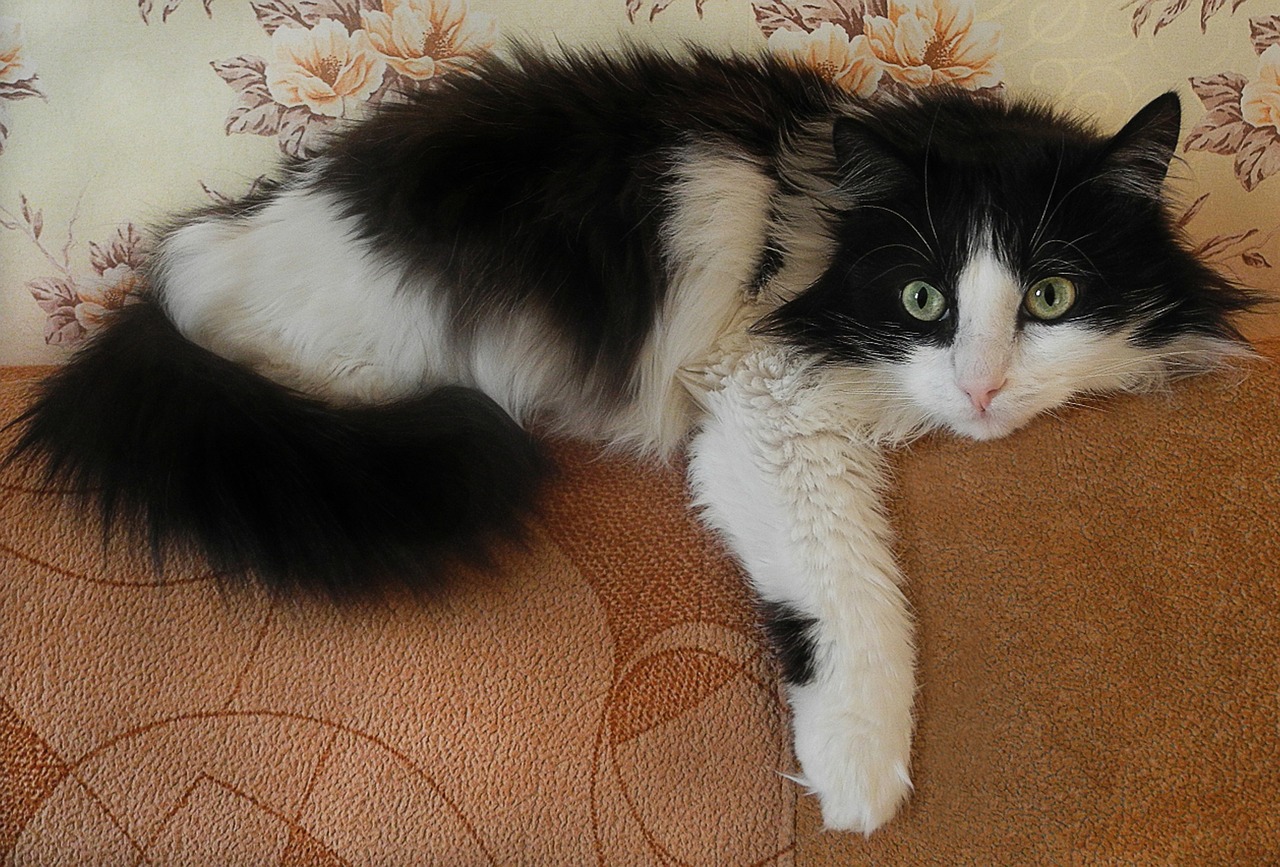Farm Fencing: Livestock Safety: Betbook250, Anna 247 login, Yolo247 login app
betbook250, anna 247 login, yolo247 login app: Farm Fencing: Livestock Safety
When it comes to managing a farm, one of the most important aspects to consider is the safety of your livestock. Proper fencing plays a crucial role in ensuring that your animals are secure and protected from potential dangers. In this article, we will discuss the importance of farm fencing for livestock safety and provide valuable tips on how to choose the right fencing for your needs.
Why is farm fencing important for livestock safety?
Farm fencing serves as a physical barrier that helps keep animals confined to a specific area while also keeping potential predators out. By having proper fencing in place, you can prevent your livestock from wandering off and getting lost or injured. Additionally, fencing can help in minimizing conflicts between animals and keep them safe from traffic hazards.
Types of farm fencing for livestock safety
There are various types of farm fencing available, each with its own advantages and disadvantages. Here are some common options to consider:
1. Electric Fencing: Electric fencing is a popular choice for livestock owners as it provides a deterrent to keep animals within a specific area. The electric shock is not harmful but is enough to discourage animals from trying to escape.
2. Barbed Wire Fencing: Barbed wire fencing is a cost-effective option that can be used to keep livestock confined. However, it is important to be cautious as barbed wire can cause injuries to animals if they get entangled in it.
3. Woven Wire Fencing: Woven wire fencing is a sturdy option that provides good protection for livestock. It is durable and can withstand pressure from large animals.
4. Field Fence: Field fence is another popular choice for livestock owners as it is versatile and can be used for a variety of livestock including cattle, horses, and sheep.
5. High Tensile Wire Fencing: High tensile wire fencing is a strong and durable option that is suitable for large livestock such as cattle. It requires minimal maintenance and can withstand harsh weather conditions.
Tips for choosing the right farm fencing
When choosing farm fencing for your livestock, it is important to consider the following factors:
1. Determine the purpose of the fencing: Are you looking to keep animals confined or protect them from predators? Understanding the purpose of the fencing will help you choose the right type.
2. Consider the size of your livestock: The size and strength of your livestock will determine the height and strength of the fencing needed to keep them secure.
3. Assess your budget: Fencing can be a significant investment, so it is important to consider your budget and choose a fencing option that meets your needs without breaking the bank.
4. Check local regulations: Before installing farm fencing, make sure to check local regulations and zoning laws to ensure compliance with any restrictions on fencing height or materials.
5. Maintenance requirements: Some fencing options require more maintenance than others. Consider the time and effort required to maintain the fencing when making your decision.
6. Consult with a professional: If you are unsure about the best fencing option for your needs, consider consulting with a professional fencing contractor who can provide expert advice and guidance.
Benefits of proper farm fencing for livestock safety
Proper farm fencing offers a wide range of benefits for livestock safety, including:
1. Preventing animals from wandering off and getting lost or injured.
2. Protecting livestock from predators and other potential dangers.
3. Minimizing conflicts between animals and reducing the risk of injuries.
4. Enhancing animal welfare by providing a safe and secure environment for livestock.
5. Improving farm security by keeping unwanted visitors out.
FAQs
1. What is the best type of fencing for cattle?
For cattle, high tensile wire fencing is a popular choice as it is strong and durable, providing good protection for large livestock.
2. How high should farm fencing be for horses?
For horses, farm fencing should be at least 4.5 feet high to prevent them from jumping over and escaping.
3. Can I install farm fencing myself, or should I hire a professional?
While some farmers choose to install fencing themselves, it is recommended to hire a professional fencing contractor for the best results and to ensure that the fencing is installed correctly.
In conclusion, farm fencing plays a crucial role in ensuring the safety and security of livestock on your farm. By choosing the right type of fencing and following proper installation and maintenance practices, you can create a safe and secure environment for your animals. Remember to consider factors such as the purpose of the fencing, size of your livestock, budget, and maintenance requirements when selecting farm fencing for your needs. By prioritizing livestock safety through proper fencing, you can provide a healthy and secure environment for your animals to thrive.







